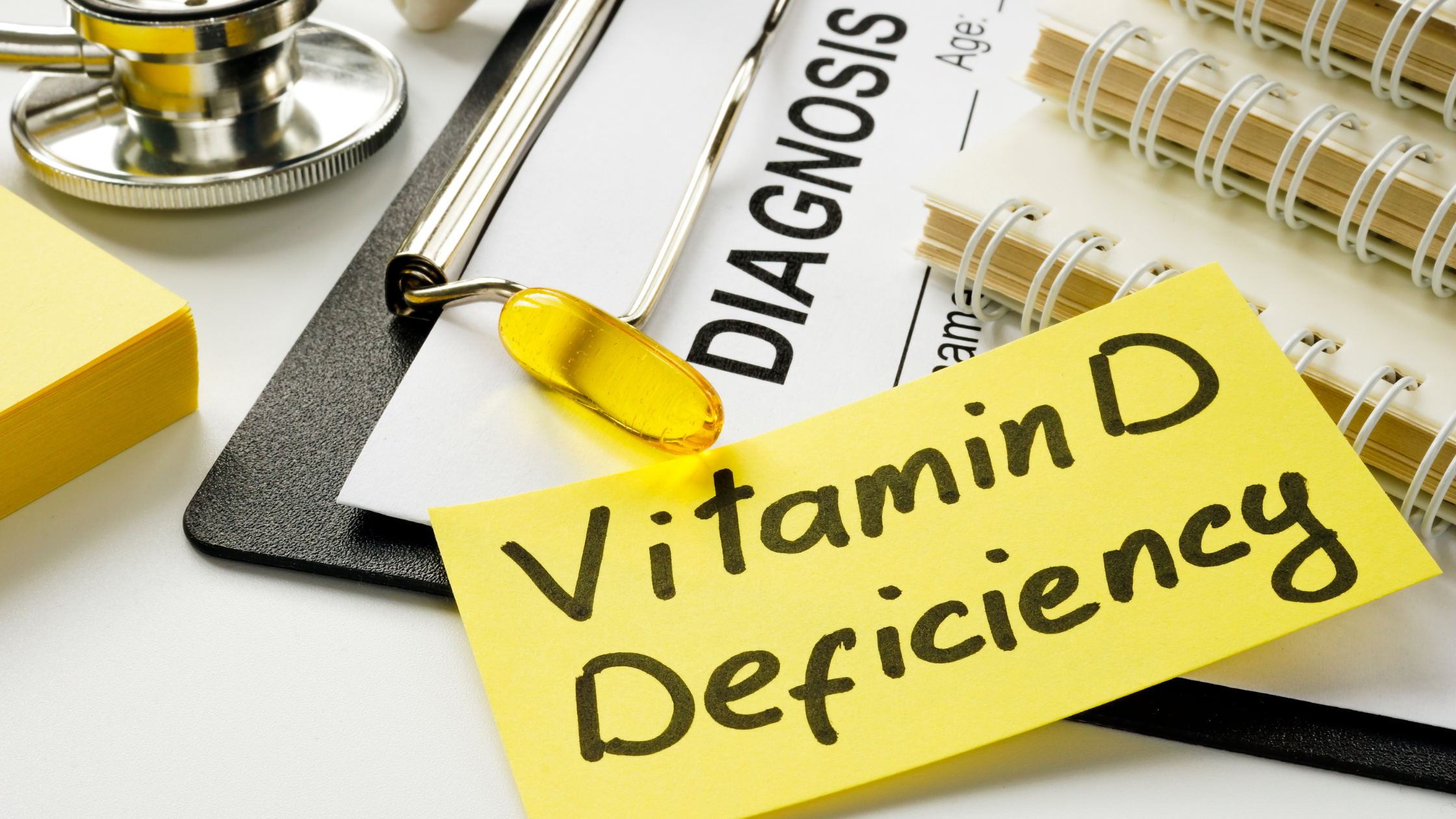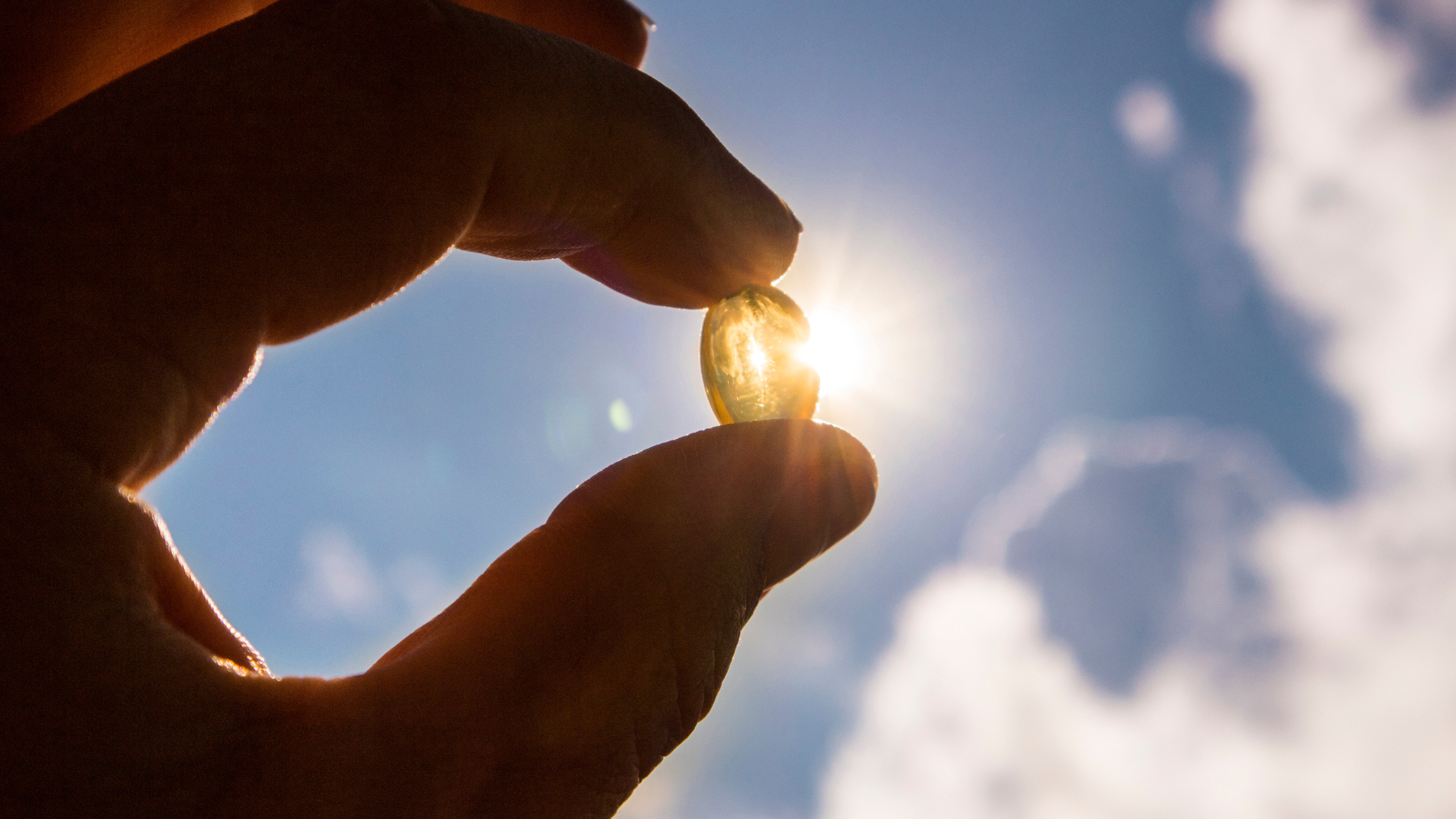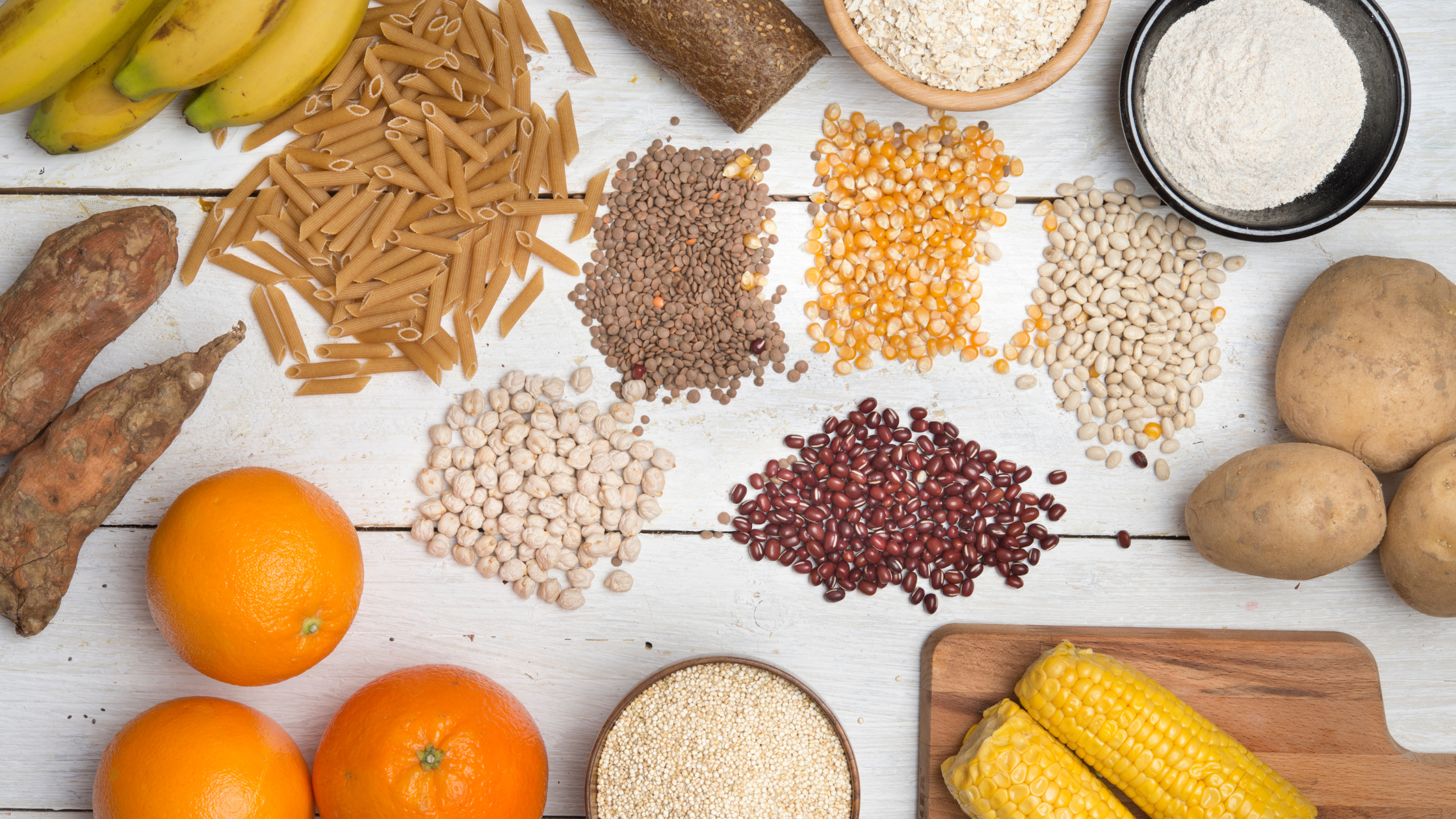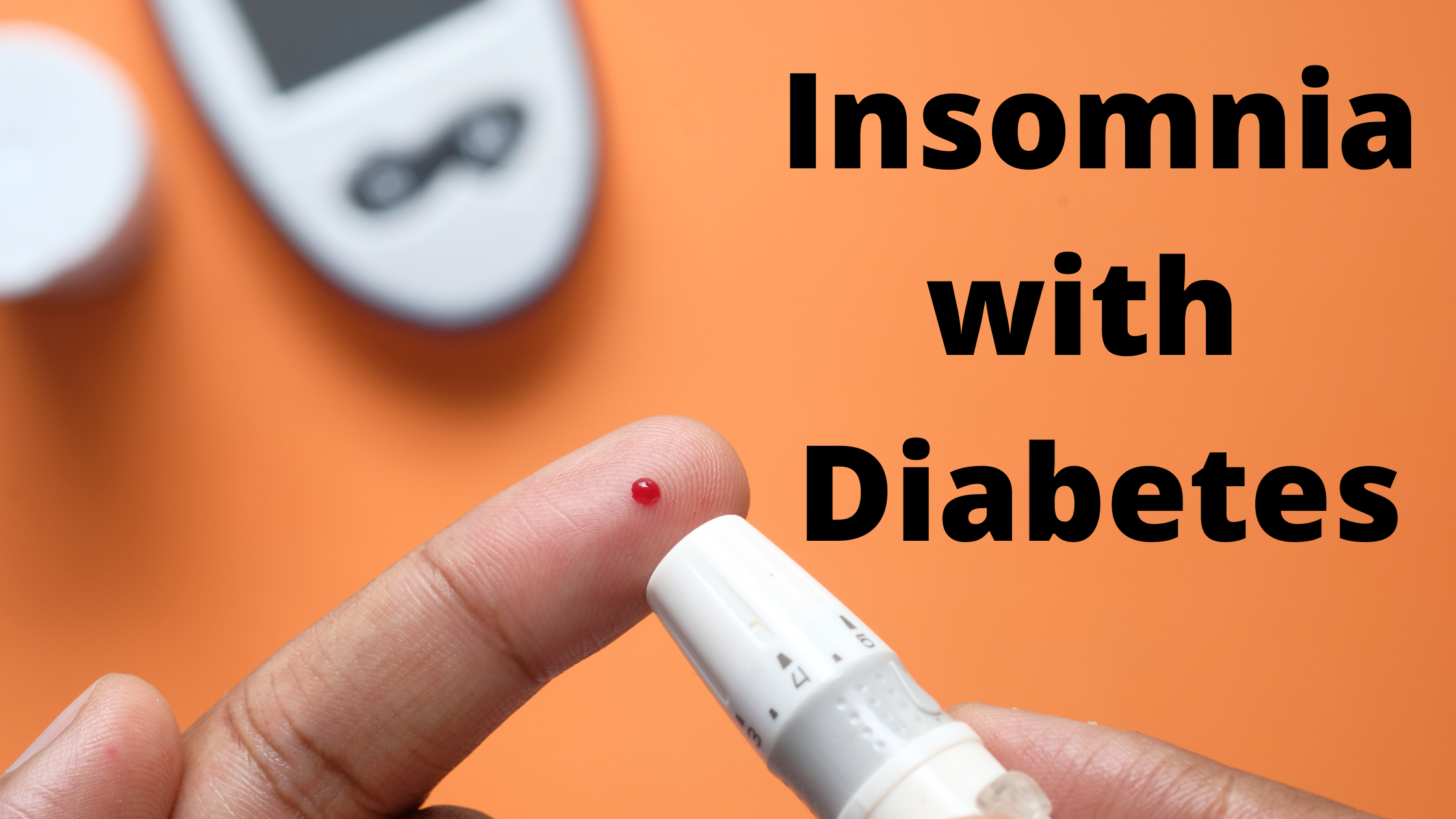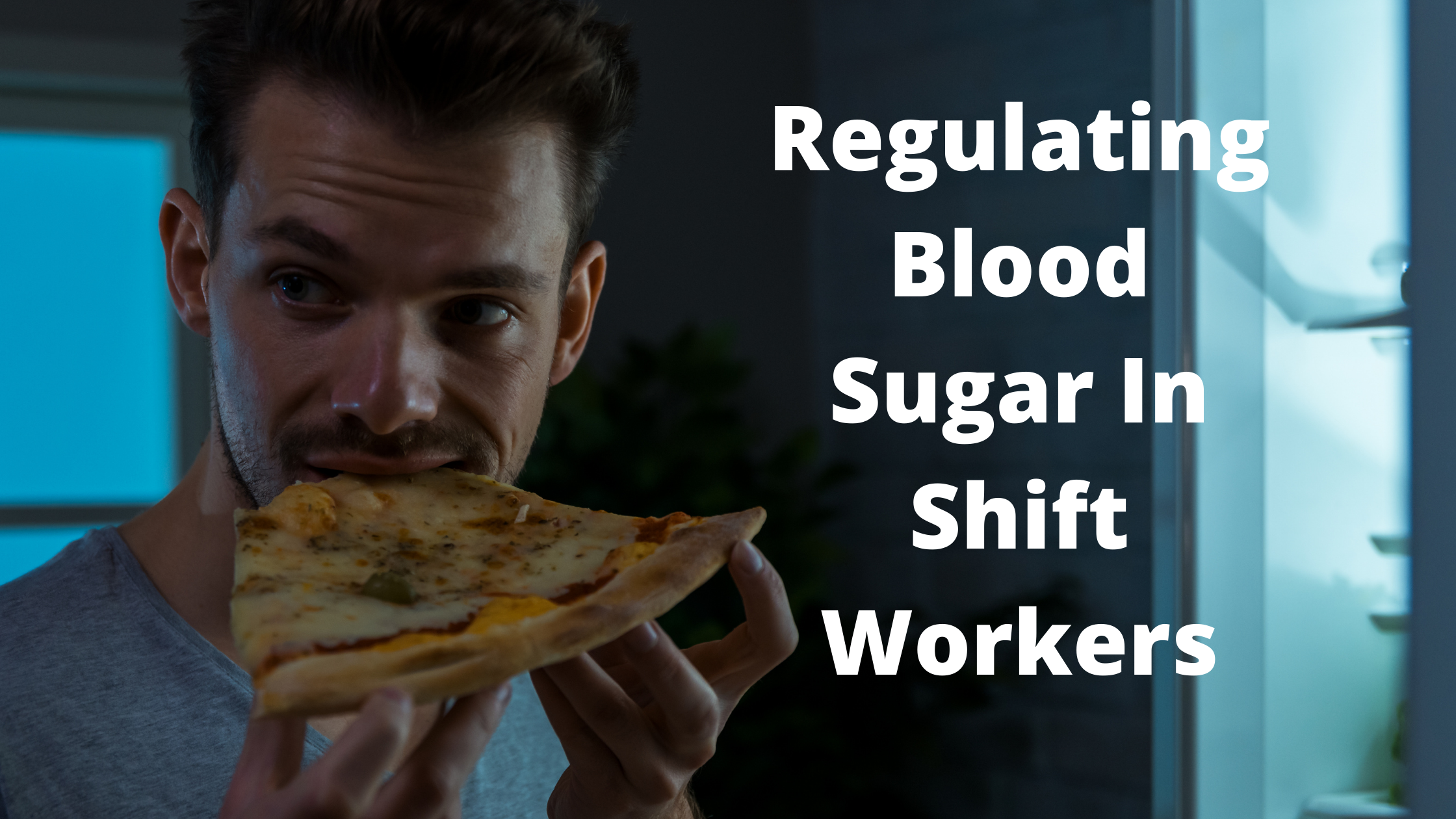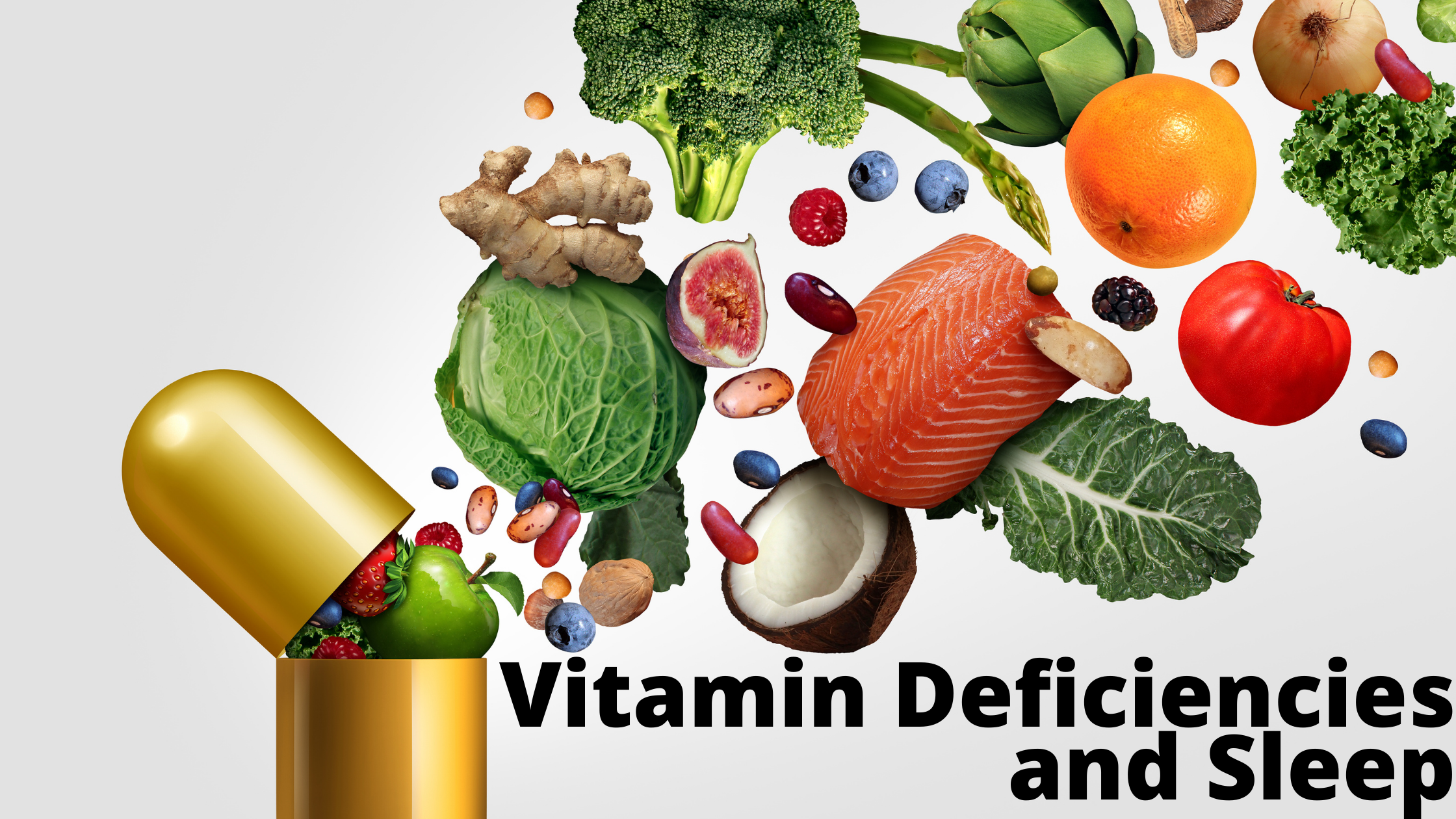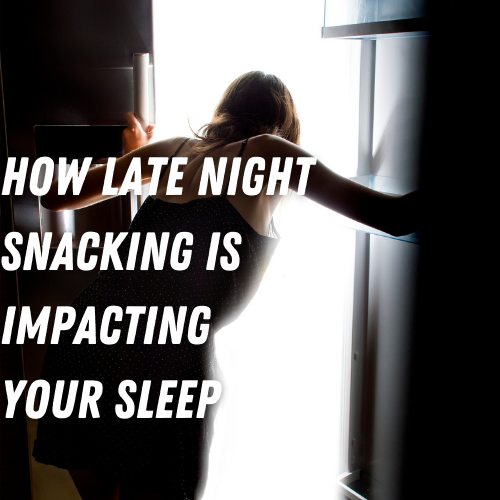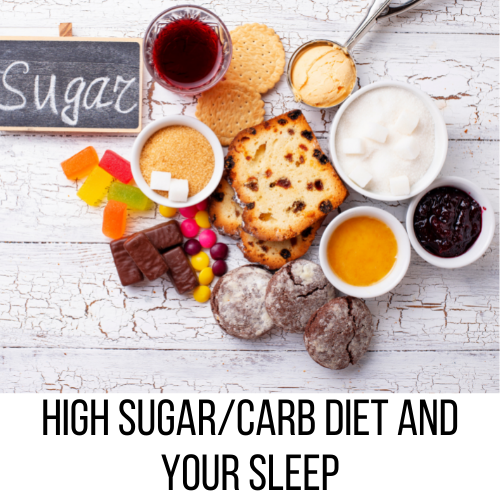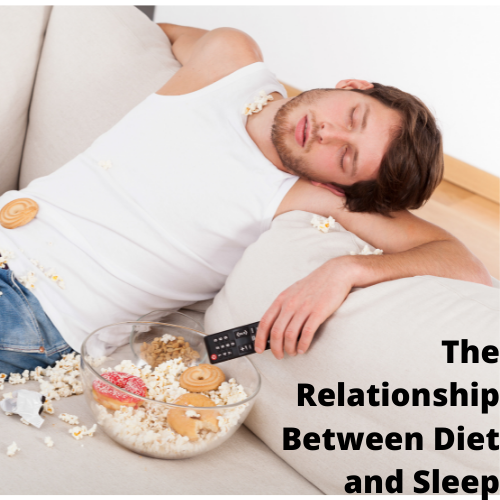Quality sleep is essential for overall health and well-being. However, many factors can interfere with our ability to get a good night's rest, including vitamin deficiencies. Certain vitamins play critical roles in regulating sleep patterns and maintaining healthy sleep cycles. In this blog post, we'll explore the key vitamin deficiencies that can impact sleep and discuss how to ensure you're getting the nutrients you need for restful slumber.
The Impact of Vitamin Deficiencies on Sleep: What You Need to Know
Chasing the Northern Lights and Battling Sleepless Nights: Vitamin D Deficiency in Alaska and Its Impact on Sleep
Alaska, the majestic land of snow-capped peaks, pristine wilderness, and the mesmerizing dance of the Northern Lights, is a place of unparalleled beauty. However, beneath the enchanting landscapes lies a concern that affects many Alaskans—vitamin D deficiency. This deficiency, exacerbated by the state's limited sunlight exposure during certain months, can have a profound impact on sleep. In this blog post, we'll explore the relationship between vitamin D deficiency in Alaska and its effects on the sleep patterns of its residents.
It's a well-known fact that what you eat can impact your sleep. Diet and sleep are related, in that eating better helps you sleep better. Therefore, if you are planning on making diet changes, you may be considering doing something drastic like cutting carbohydrates.
Before you start removing food groups, it's important to remember that your body need carbs in large amounts. Now, how you obtain these carbs is also important, and in what form they come.
Learning when to eat carbs, and how many, all depend on your goals. People with diabetes, for example, may count carbs and spread them out throughout the day because they are making insulin adjustments. This can help them manage their blood sugar levels so they stay within normal range.
Regardless of the reason behind your dietary choices, understanding how carbs affect your sleep, and when to consume them is important. Continue reading to learn more about eating carbs before bed.
Diabetes affects more than 30 million people in the United States. It is also the 7th leading cause of death. The most common form is Type 2 Diabetes, which is an acquired condition of insulin resistance. There are many factors that play into the development of this disease, including genetics, lifestyle, and habits. One of those habits is sleep. There is a tight relationship between sleep and diabetes, and understanding the management of one may help the other. Continue reading to find out more about this relationship and what you can do about it.
Shift workers are those whose work schedules fall outside the normal 9-5. They are often in healthcare, construction, manufacturing, or other fields that require irregular work hours. Although there are benefits to taking these shifts, this shift wreaks havoc on your health. Continue reading to find out ways to regulate your blood sugar as a shift worker.
Diet and sleep are interlinked in a variety of ways. Although more about this relationship still needs to be discovered, it's clear that there are a few elements of our diet that can impact our ability to get good quality sleep. Vitamins are an example of a nutrient that we must get enough of throughout the day to avoid health issues related to their deficiencies. Below is a list of 5 vitamin deficiencies that can affect your sleep. If you think you're deficient in any of these, you must talk to your doctor before running out and finding supplements, as toxicity and overdosing on vitamins is possible.
Iron deficiency anemia is a very prevalent disease in the United States. It stems from having an iron shortage that impacts the blood's ability to properly transport oxygen throughout the body. These can lead to serious pain and even sleep disturbances. Treating anemia may help to relieve insomnia and other sleep problems. Continue reading to find out how anemia impacts sleep and what you can do to help treat it.
Eating before bed has been a controversial topic for a long time. There is so much speculation and misinformation about eating late at night and the effect it can have on your diet. However, eating late at night can have various effects on your sleep. Keep reading to find out how late-night snacking can impact your sleep.
The holidays are a time of weight gain for a lot of people due to the high load of cookies, cakes, sugary drinks, and other foods high in sugar and carbs. Although some can limit this to only a few days, those who consume a high sugar/carb diet often may find themselves having trouble sleeping. High sugar and carb diets can impact sleep, so it's important to understand this relationship to improve your sleep.
Did you know that your sleep is what you eat, and what you eat is your sleep? That may sound confusing, but it's important to understand that there is a link between diet and sleep. This relationship is reciprocal, and decisions made about each one can impact the other for better or for worse. Keep reading to see how this relationship works and how you can make positive changes to improve both!

